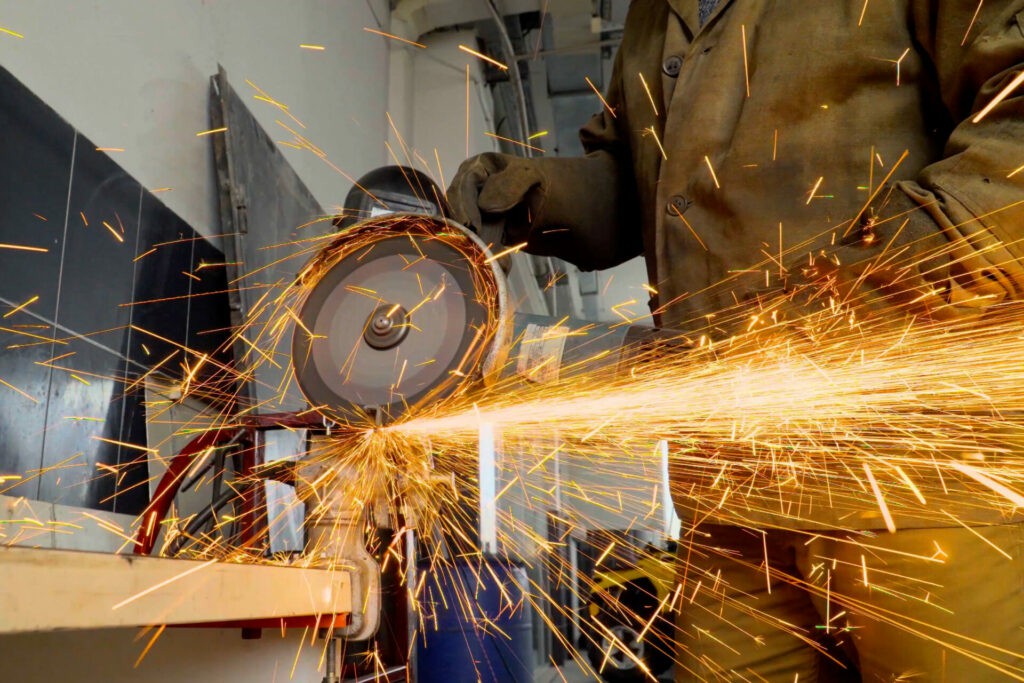


 349,500 Offered Certificates
349,500 Offered Certificates
 24/7 Online Training
24/7 Online Training
 Money Back Guarantee
Money Back Guarantee
 Fully Accredited Courses
Fully Accredited Courses

Created at: 22-02-2025 20:08
Abrasive wheels pose significant safety risks in various industries, from construction to manufacturing. Ensuring that workers are trained and certified in their use is crucial to minimizing hazards and enhancing workplace safety. This comprehensive guide delves into the risks associated with abrasive wheels, the common injuries that can occur, and the best practices to mitigate these dangers.
Abrasive wheels are tools used for cutting, grinding, and polishing materials such as metal and stone. While their efficiency is invaluable in many industries, the potential for fatal accidents and severe injuries remains high.
Injuries from abrasive wheels can be severe and life-altering. Common injuries include:
To prevent accidents involving abrasive wheels, consider the following best practices:
Obtaining an Abrasive Wheels Certificate is crucial for both workers and employers. Such training ensures that operators understand:
In cities like Dublin, Cork, Galway, Limerick, and Waterford, having certified workers not only promotes safety but also enhances career opportunities for individuals in the industry.
In Ireland, programs such as the Abrasive Wheels Course Dublin and Abrasive Wheels Course Ireland not only meet legal requirements but also instill confidence in workers to operate machinery safely. Certified abrasive wheels training in places like Cork or Galway helps prepare individuals to tackle workplace hazards effectively.
Safety should always be the priority when working with abrasive wheels. By obtaining an Abrasive Wheels Certificate and adhering to safety protocols, both workers and employers can significantly reduce the risk of accidents. For more information on certified training programs available in Dublin, Cork, Galway, Limerick, and Waterford, please visit Abrasive Wheels Course.
For inquiries, reach out to us at [email protected].